H.R. 4769: Foster Youth Mentoring Act of 2025
The Foster Youth Mentoring Act of 2025 aims to support the establishment and operation of mentoring programs for children in foster care and those who have experienced foster care. This legislation seeks to authorize the Secretary of Health and Human Services to provide grants to eligible organizations to develop these programs, emphasizing the importance of positive adult relationships in the lives of at-risk youth.
Key Provisions
- Purpose: The bill allows for grants to support community-based mentoring programs targeting children and youth involved in foster care.
- Definition of Terms:
- Children in foster care: Refers to children removed from their biological or adoptive parents by a child welfare agency.
- Children with experience in foster care: Includes children, youth, and adults under 26 who have experienced foster care at any point.
- Eligible Entities: Various organizations may apply for grants, including non-profits, state child welfare agencies, local educational agencies, tribal organizations, and faith-based organizations.
- Mentoring Program Requirements: Mentoring programs must establish structured relationships between mentees and trained mentors. These programs can include:
- Academic and educational support
- Minimization of risk behaviors
- Promotion of social skills and healthy relationships
- Grant Application: Eligible entities must provide a detailed application, including:
- Specific program design and targeted outcomes
- Recruitment strategies for mentors
- Training requirements for mentors in multiple relevant areas, such as child development and family dynamics
- Community Engagement: The bill emphasizes that the development and implementation of mentoring programs should involve consultation with youth in foster care and their families, ensuring that their voices are included in program design.
- Funding and Monitoring: A total of $50 million is authorized for the fiscal years 2026 and 2027 for these initiatives, with continuing appropriations for subsequent years as necessary. The Secretary of Health and Human Services will oversee the programs and require annual reporting on their effectiveness.
- Sustainability and Long-term Commitment: Programs must demonstrate an ability to maintain long-term relationships between mentors and mentees, with a minimum duration of one year for mentoring engagements.
Expected Outcomes
The legislation is based on findings that positive mentorship can significantly improve outcomes for youth in foster care. Key anticipated benefits include:
- Increased likelihood of educational success, such as higher college enrollment rates.
- Reduced rates of disciplinary issues and juvenile justice involvement.
- Enhanced social and emotional development of mentees.
Relevant Companies
None found.
This is an AI-generated summary of the bill text. There may be mistakes.
Sponsors
17 bill sponsors
-
TrackMary Gay Scanlon
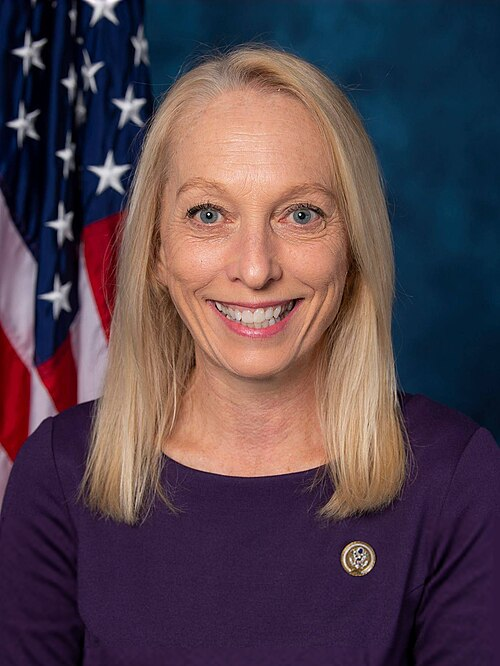
Sponsor
-
TrackDon Bacon
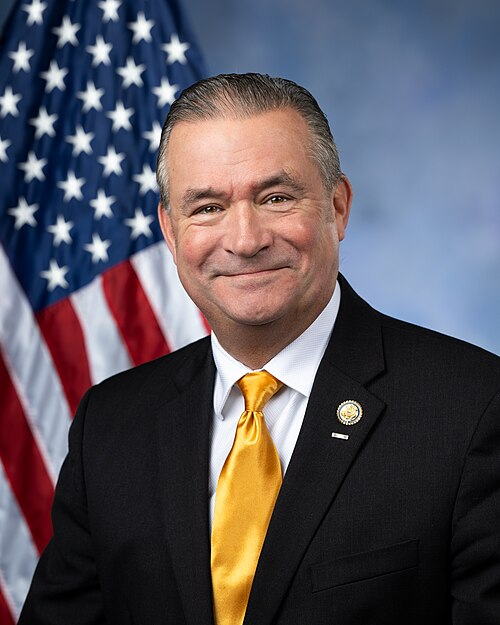
Co-Sponsor
-
TrackSean Casten
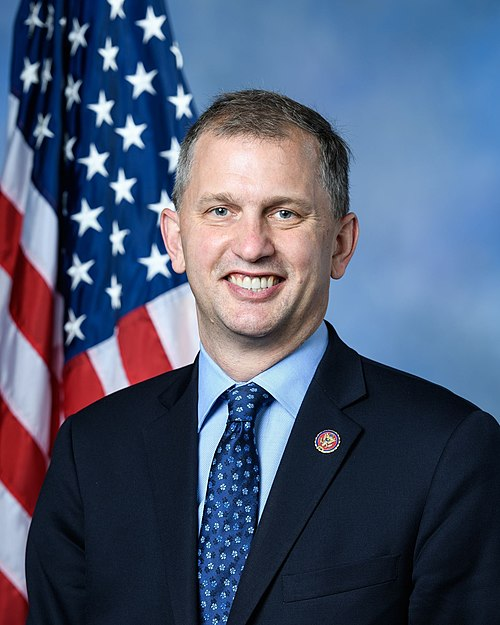
Co-Sponsor
-
TrackSheila Cherfilus-McCormick

Co-Sponsor
-
TrackEmanuel Cleaver
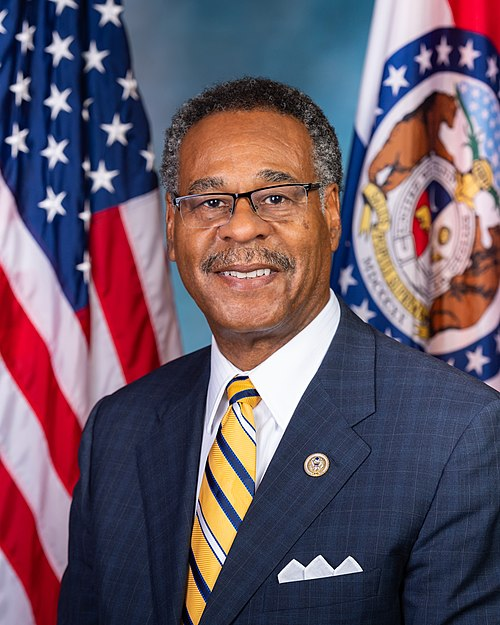
Co-Sponsor
-
TrackVeronica Escobar
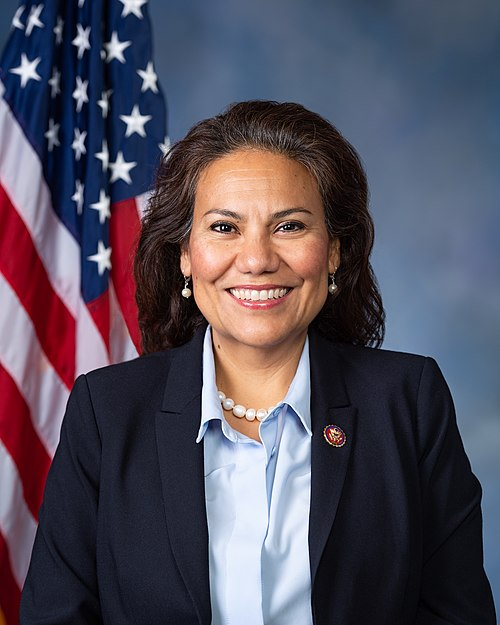
Co-Sponsor
-
TrackDwight Evans

Co-Sponsor
-
TrackJosh Harder
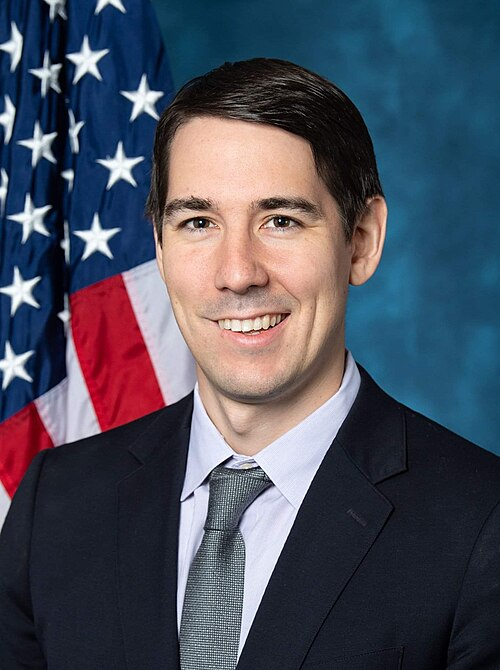
Co-Sponsor
-
TrackJohn B. Larson
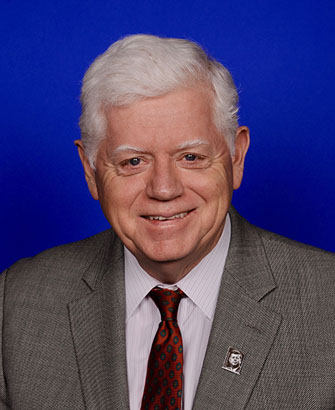
Co-Sponsor
-
TrackSarah McBride
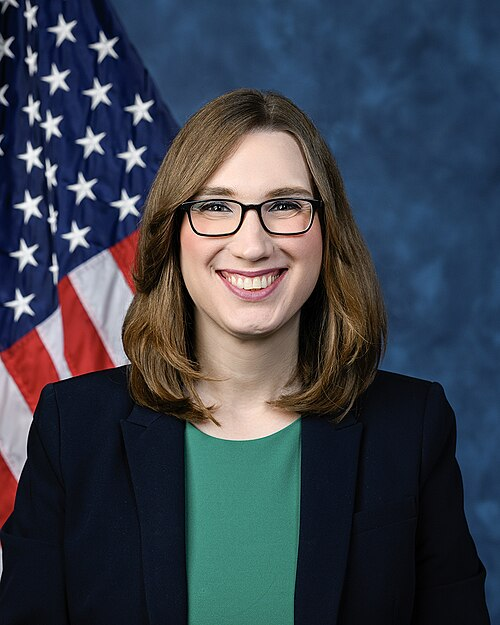
Co-Sponsor
-
TrackGwen Moore
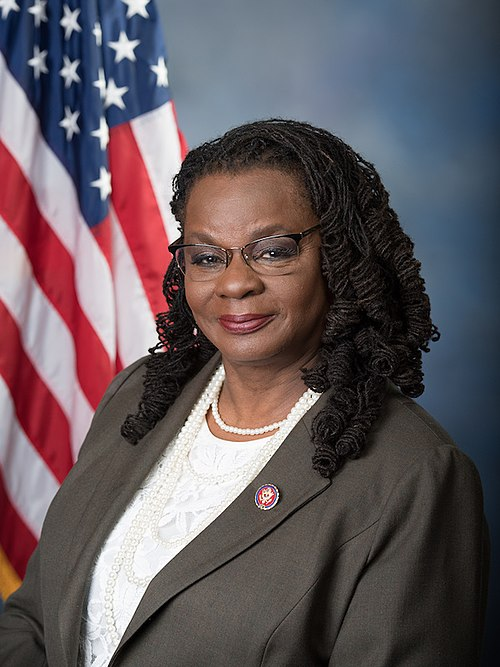
Co-Sponsor
-
TrackZachary Nunn
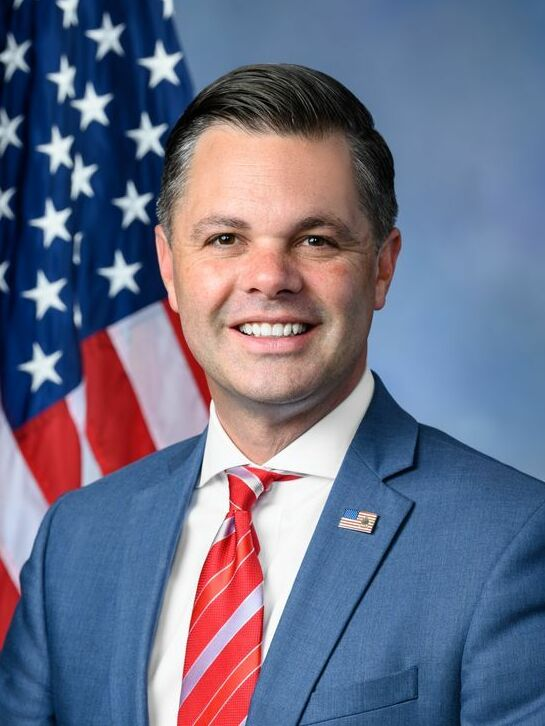
Co-Sponsor
-
TrackDeborah K. Ross
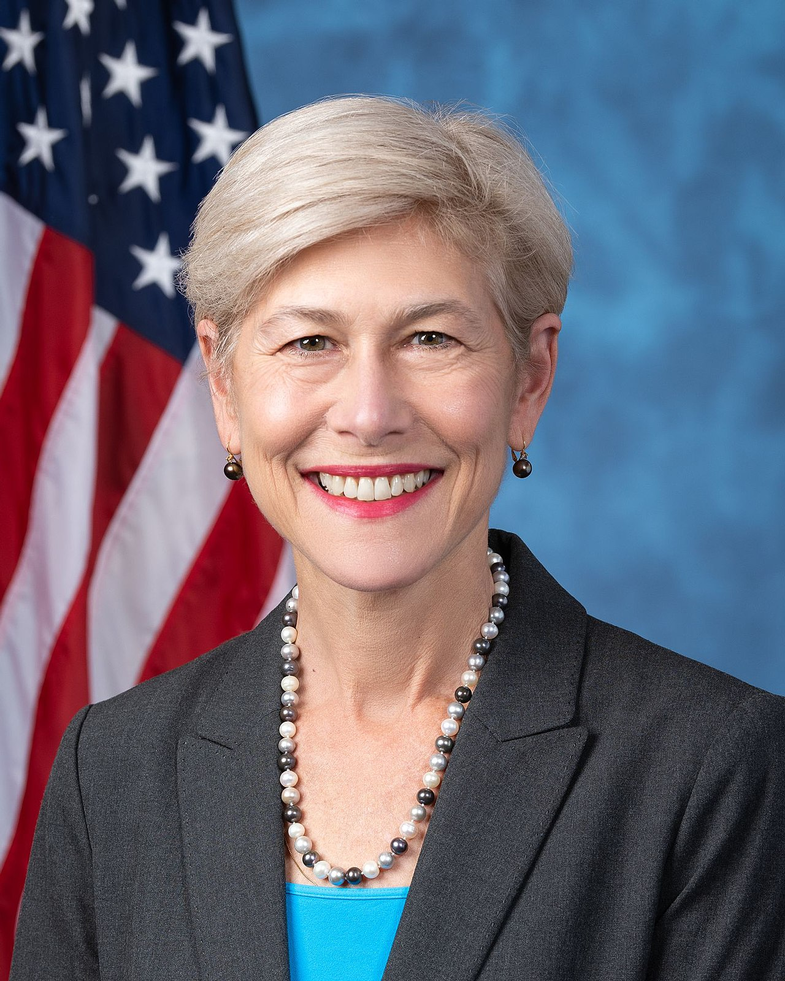
Co-Sponsor
-
TrackTerri A. Sewell
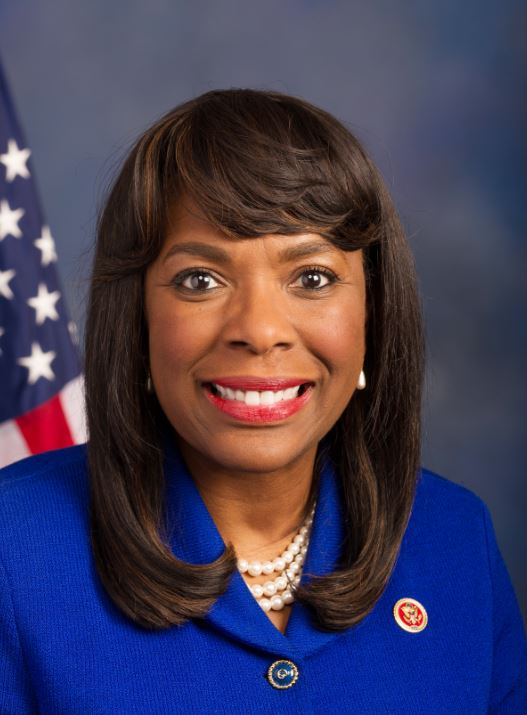
Co-Sponsor
-
TrackLateefah Simon
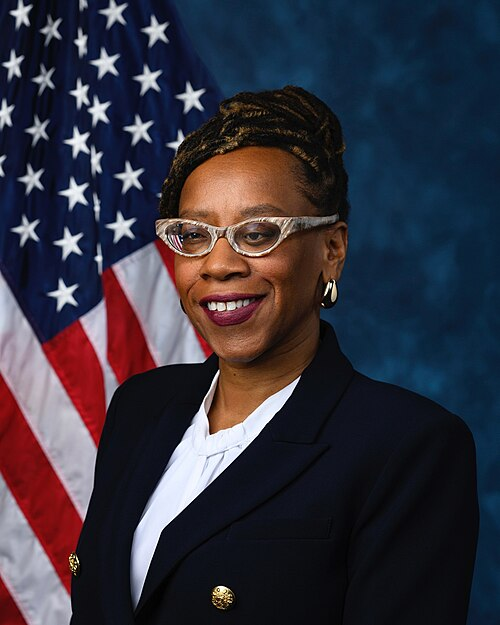
Co-Sponsor
-
TrackMarc A. Veasey
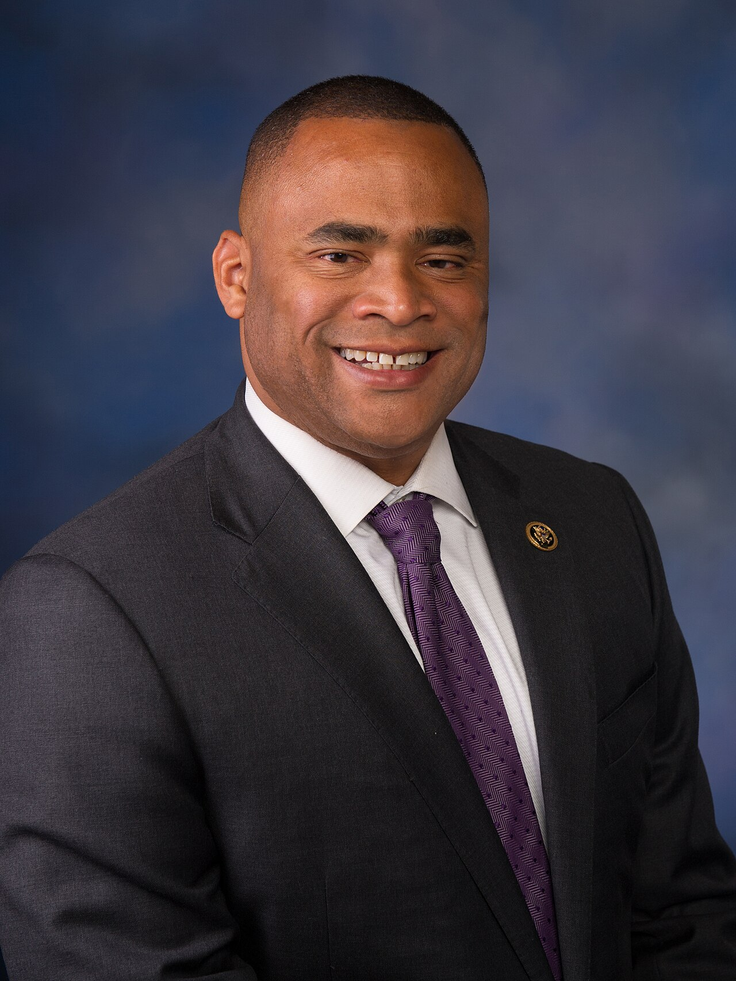
Co-Sponsor
-
TrackNikema Williams
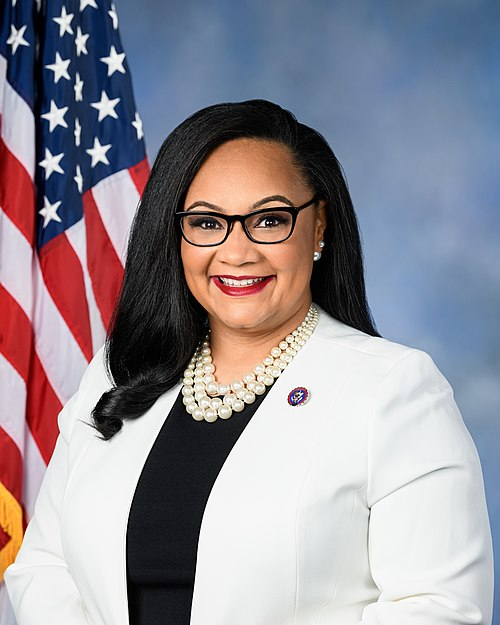
Co-Sponsor
Actions
2 actions
| Date | Action |
|---|---|
| Jul. 25, 2025 | Introduced in House |
| Jul. 25, 2025 | Referred to the House Committee on Ways and Means. |
Corporate Lobbying
0 companies lobbying
None found.
* Note that there can be significant delays in lobbying disclosures, and our data may be incomplete.
Potentially Relevant Congressional Stock Trades
No relevant congressional stock trades found.